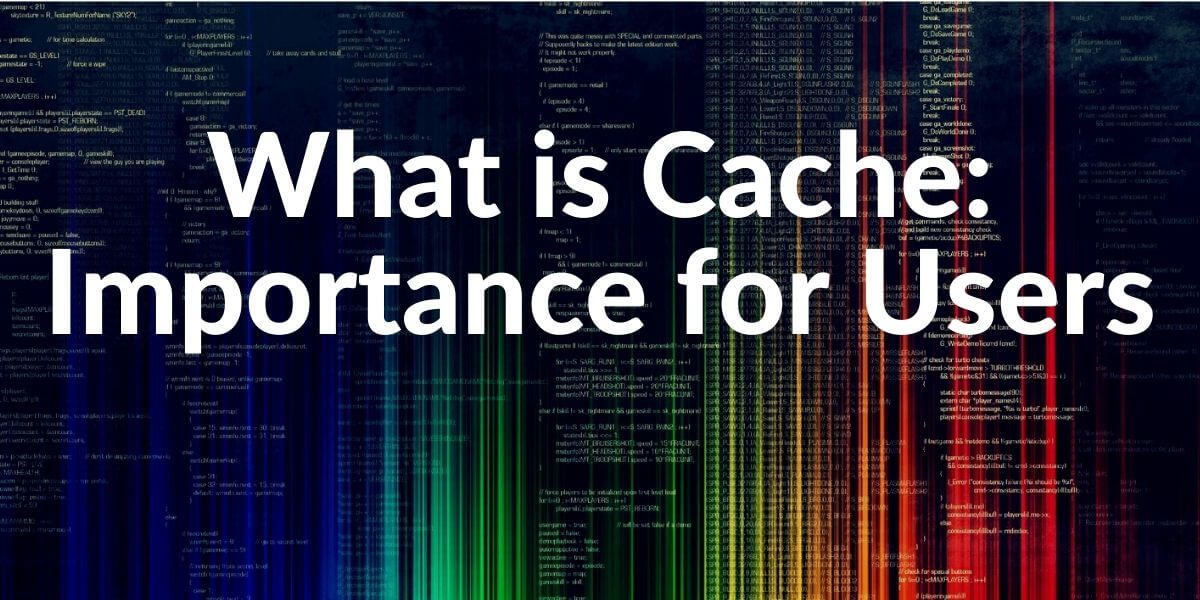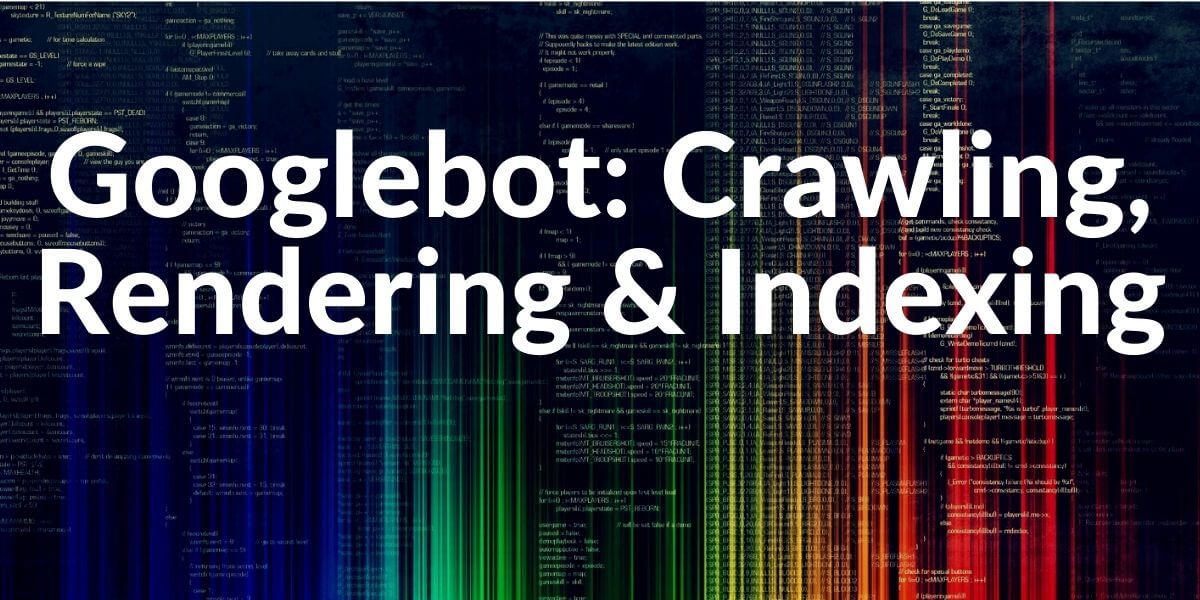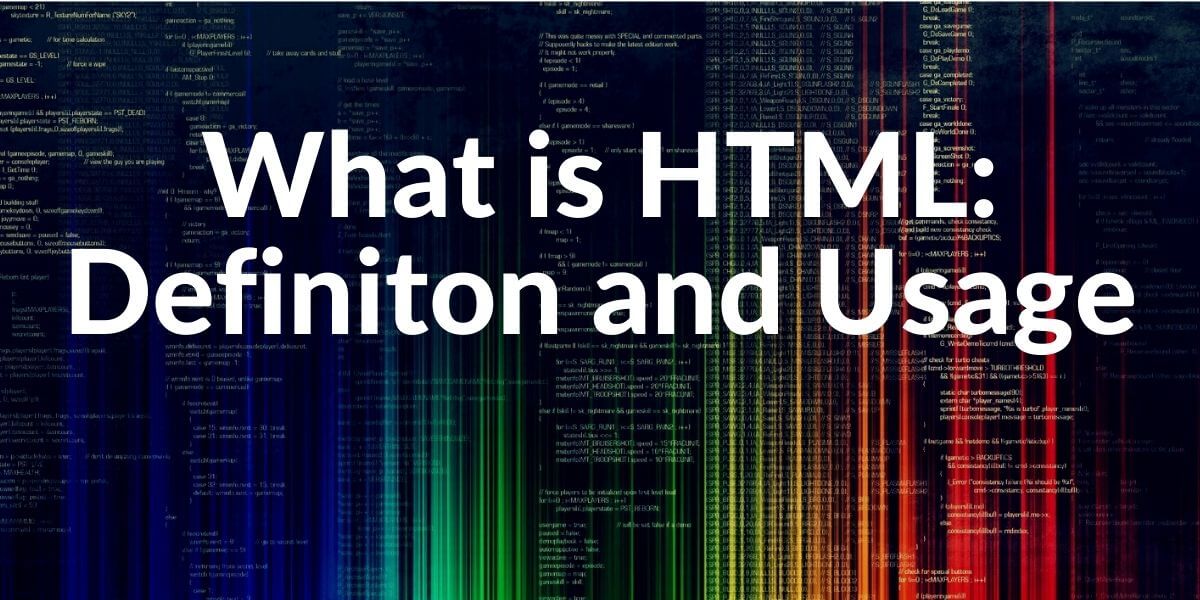The cache is a buffer memory that enables access to a background medium, for example, an image stored in the background. This means that data is cached there for faster access. This can be made even clearer by means of a very simplified comparison: in a cupboard, you put forward those things that you often use. This saves you from digging and searching. This comparison is, of course, not transferable and is likely to leave any technology enthusiast’s hair on the back burner – but it can be used for the first approximation of the topic. The cache not only moves files forward, but it also stores them temporarily. This creates a basis of digital data in a buffer, which accelerates the re-access.
In this article, we will give the definitions of the cache systems and kinds, to learn more about cache and its relevancy to the Search Engine Optimization and User Experience, you can read our linked articles.
The pronunciation of “cache” in English is a little bit hard to tell because the word has been adopted for the technical area. The term originally comes from French and means “hiding place”. And this derivation of meaning explains why you may not have noticed where the cache is located.
WHERE CAN I FIND A CACHE?
Anyone who talks about cache generally refers to the technical meaning. Many may also know the cache from hobby geo-cashing. Here, however, as Holistic SEOs, we want to concentrate entirely on the fact that the digital cache can no longer play hide and seek with you. Therefore, we can neglect other meanings in exceptional cases and stay on the trail of technology.
HARDWARE CACHE
A cache, or rather caches, is on both your computer and your mobile phone. They are part of the so-called hardware, so they belong to the mechanical and electronic equipment of your device. For example, on your computer, cache works to relieve the processor or microprocessor. Several caches work side by side in order to be able to call up the data. For example, modern processors can have separate caches for programs and data.
A cache can not only restore data or the background medium faster. The main advantage of the processor is that it can save performance. The drive, i.e. the hard drive, also has a cache. Caches are therefore crucial for the performance and speed of your PC.
SOFTWARE CACHE
In the software area, most of you have heard of the term cache in connection with your web browser, for example, Firefox, Google Chrome Safari or Internet Explorer. The benefit is the same as with a hardware cache – the Internet browser can improve performance and speed. It is particularly useful because you can access it very quickly, which can save a lot of time. The desired file or homepage does not have to be downloaded separately but is quickly available. So there is no need to download files from the Internet because they are stored in the cache. Images and texts are saved as a copy. The files stored in the browser cache are often referred to as “files”.
If you want to open an image, the Internet browser automatically checks whether it is already saved. If that is the case, the file will become visible to you much more quickly because it does not need to be downloaded. The files are then cached from the Internet on the hard drive or in the RAM of your computer or smartphone.
Note: Googlebot sometimes can ignore the cache headers you are providing via your server. To learn more about Cache in terms of Page Speed, you can read our related article.
WHY IS IT IMPORTANT TO DELETE THE CACHE REGULARLY?
A cache is relatively small compared to normal memory, so it must be deleted regularly. Otherwise, it can no longer serve its purpose. Perhaps you have ever seen an outdated version of a website displayed to you. The reason is that this older version was saved in your cache. You will not be able to view new files for the time being. There are special programs that do the deletion for you, such as CCleaner. This program not only clears the cache for you but also all other stored data that is not required. In the settings, you can specify which files and saved data should be deleted and which should not. This way you can improve the speed of your browser. You can also just clear the cache. Here we explain how it works.
Web sites can use the E-tags (Expiration tags) to delete the old cache from the browser’s memory or they can determine a max-age for the cached asset.
DELETE THE CACHE ON YOUR ANDROID MOBILE PHONE
With your smartphone, you can not only clear the cache of your browser, but you can also clear caches of individual apps. To do this, simply go to Settings under Settings. Then choose Manage Applications. Now you will see a list of your apps. Select the individual apps and go to “Clear cache”. This can also be helpful if an app is having problems loading or functioning.
Cache in Search Engine Crawlers
A cache can also be interesting for you as the operator of a website. With a special algorithm, your website is continuously examined by the individual search engines. One speaks of so-called crawling. When you crawl, your page is checked for updates and relevance. Google is still by far the most used search engine by far. Therefore, this is used as an example. Google uses different crawlers, the Google bots, for different content. If one of the crawlers has visited your page, the information for the other crawlers is stored in a cache. So you can be called up faster.
This cache is interesting for you as the operator of a page if you update your page frequently. If your data is cached, it may take longer to be found and transferred to Google. With a few simple steps, you can pass the page directly to Googlebot. You can also specify the relevance of the individual subpages and how often they should be crawled. We’ll tell you how in our article on Googlebot.
Caching resources also prevents the Googlebot and other Search Engine Crawlers from requesting every assets for every crawl. This saves the bandwidth for the Search Engine, increase the crawl budget, and crawl efficiency.
As Holistic SEOs, we will examine the cache systems and strategies for better user experience, crawl budget and page speed.
- Sliding Window - August 12, 2024
- B2P Marketing: How it Works, Benefits, and Strategies - April 26, 2024
- SEO for Casino Websites: A SEO Case Study for the Bet and Gamble Industry - February 5, 2024


